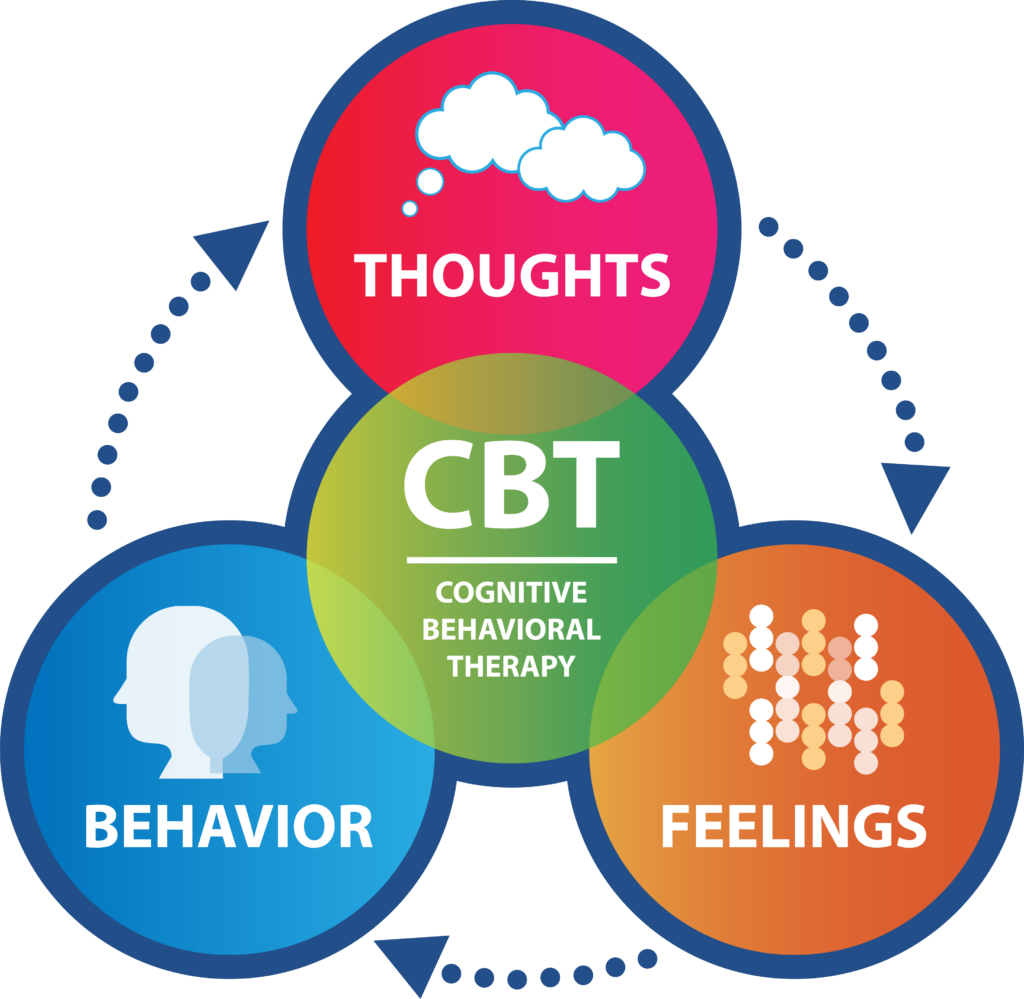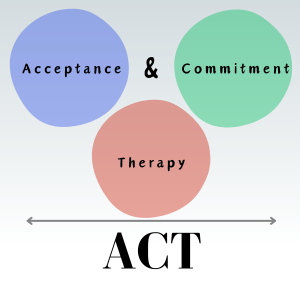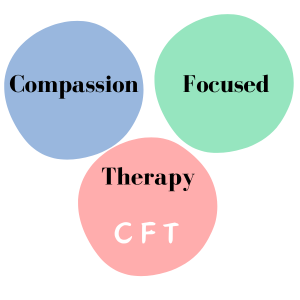Therapy Approaches
Read more about the different therapy approaches used.
Finding Your Way Through Imposter Feelings
Imposter feelings can quietly take hold — even when you’re doing well on paper. You might find yourself thinking, “I’m not really good enough,” or fearing that others will soon realise you’re not as capable as they think. Despite your achievements, there’s a constant undercurrent of doubt, overthinking, and pressure to keep proving yourself.
If this sounds familiar, you’re not alone. These patterns are more common than you might think — and they’re understandable, not a personal failing. With the right support, it’s possible to understand where these feelings come from, how they’re maintained, and how to begin relating to them in a new way.
How Therapy Can Help
I draw on several evidence-based therapies that can be especially helpful when working with imposter feelings: Cognitive Behavioural Therapy (CBT), Acceptance and Commitment Therapy (ACT), Compassion Focused Therapy (CFT), and Eye Movement Desensitisation and Reprocessing (EMDR). Each approach offers something unique — and together, they can support lasting, meaningful change.
Understanding the Patterns with CBT
CBT can help us identify the unhelpful thoughts and beliefs that keep imposter feelings going — such as “I’m a fraud, and it’s only a matter of time until they realise,” or “I don’t really belong here.”
We’ll explore how these thoughts affect the way you feel and behave, and gently test them against your real-life experience. The goal isn’t forced positivity, but developing a more balanced and supportive way of seeing yourself — one that allows space for both your strengths and your challenges.
Making Room for Doubt with ACT
ACT acknowledges that difficult thoughts and feelings — like anxiety, fear of failure, or self-doubt — are part of being human. Rather than fighting these experiences, we learn how to step back from them, make room for them, and choose actions that align with what truly matters to you.
A key part of ACT is helping you reconnect with your values — the things that give your life direction and meaning, such as growth, creativity, fairness, or connection. These values become a guide, helping you make choices that feel more like you, even when doubt or fear shows up.
You don’t have to eliminate self-doubt to move forward. You can carry it with you and still live in a way that feels authentic and values-led.
Soften the Inner Critic with CFT
Many people experiencing imposter feelings also live with a harsh inner critic. CFT offers a way to understand where that voice comes from — often shaped by earlier experiences — and how to respond to yourself with more compassion.
Together, we’ll work on developing a kinder, steadier inner voice, one that can support you in moments of stress or self-doubt, rather than knocking you down.
Processing the Past with EMDR
For some, imposter feelings are linked to earlier experiences — moments where you were shamed, criticised, overlooked, or made to feel “not enough.” These memories can stick in the background and still shape how you see yourself today.
EMDR is a structured, evidence-based therapy that can help process those stuck or distressing memories so they feel less powerful in the present. You don’t have to relive the past in detail — instead, we work gently with your memory network to help you feel more free, confident, and grounded in who you are now.
An Integrated Approach
In practice, these approaches often weave together:
-
CBT helps make sense of the patterns and beliefs that are keeping you stuck.
-
ACT helps you respond to those patterns without getting caught in them — and reconnect with your values, using them as a compass for living more purposefully.
-
CFT brings compassion to the process, supporting a shift away from shame and toward self-kindness.
-
EMDR supports deeper healing when difficult past experiences still echo into the present.
If imposter feelings are holding you back, therapy can offer a space to understand what’s going on and build new ways of responding — not by becoming someone else, but by coming home to who you already are, and living in a way that reflects what matters most to you.
Ready to take the next step?
If any of this resonates with you, you're very welcome to get in touch. We can arrange a brief conversation to see if working together feels like a good fit — and if it does, we'll take it from there, at a pace that feels right for you.
FAQ
Here are some common questions and their answers.
Have more questions? Then please get in touch, you can send me a message on the contact me page or book a free consultation call.
Sessions
I offer one-to-one therapy for adults, either online or in person, depending on what suits you best. Sessions last 50 minutes and are usually held weekly, though this can be adapted based on your needs and preferences.
Our first session is a chance to get to know each other — to talk about what’s bringing you to therapy, what you’re hoping for, and whether it feels like a good fit. There’s no pressure to share everything all at once, and no expectation that you have it all figured out.
If you decide to continue, we’ll work together to set a pace and focus that feels right for you. Some people come to therapy for a short period to work on a specific issue; others choose to stay longer for deeper or ongoing support.
Ready to get started, or just want to ask a question?
You’re very welcome to get in touch. I offer a brief, no-obligation conversation so we can see if working together feels like a good fit. Please feel free to email or use the contact form — I’ll get back to you as soon as I can.




